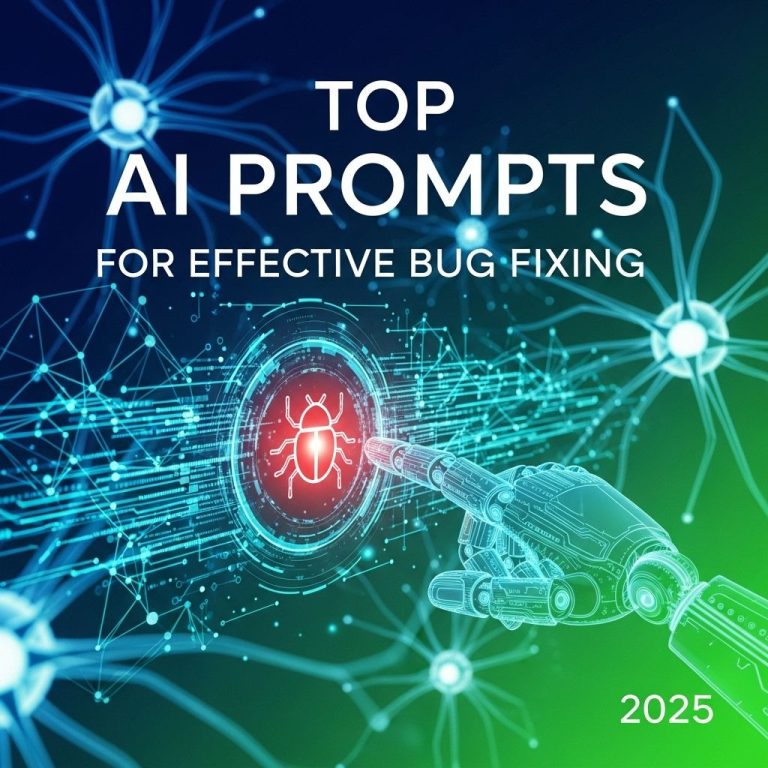In an era where technology and software development are constantly evolving, the demand for efficient code optimization has never been higher. Developers are continually seeking ways to enhance application performance, reduce resource consumption, and streamline workflows. With the advent of Artificial Intelligence (AI), new methodologies are emerging that can significantly boost the way code is optimized. This article will explore various AI techniques that developers can integrate into their optimization processes, ultimately leading to faster, more efficient software solutions.
Understanding Code Optimization
Before diving into AI techniques, it’s essential to grasp what code optimization entails. Code optimization is the process of modifying a software program to make it consume fewer resources, execute faster, and improve overall performance. It can be achieved through various methods, including:
- Refactoring code for better structure
- Eliminating redundant code segments
- Using efficient algorithms and data structures
- Minimizing memory usage
- Improving execution speed
The Role of AI in Code Optimization
AI brings a transformative approach to code optimization by automating complex processes, predicting performance bottlenecks, and suggesting improvements based on data analysis. Here are some critical AI techniques that can be utilized:
1. Machine Learning for Performance Prediction
Machine learning (ML) models can be trained to predict the performance impact of code changes. By analyzing historical data, these models can:
- Identify patterns in code that lead to performance issues
- Suggest code alterations that could enhance efficiency
- Provide insights on resource consumption based on code behavior
2. Automated Code Review
Automated code review tools powered by AI can analyze code for potential optimization opportunities. These tools typically:
- Detect anti-patterns and suggest refactorings
- Identify unused variables and methods
- Recommend best practices based on industry standards
AI-Driven Tools for Code Optimization
Several AI-driven tools have emerged that leverage these techniques to assist developers. Here are some notable examples:
| Tool Name | Description | Key Features |
|---|---|---|
| DeepCode | AI-powered code review tool that focuses on identifying bugs and optimization opportunities. | Real-time suggestions, extensive knowledge database, integration with popular IDEs. |
| TabNine | An AI assistant that enhances code completion using deep learning. | Contextual suggestions, multi-language support, customizable models. |
| CodeGuru | A service from AWS that provides intelligent recommendations for improving code quality. | Performance recommendations, security vulnerability detection, integration with CI/CD pipelines. |
Implementing AI Techniques in Your Workflow
To effectively integrate AI techniques into your code optimization workflow, consider the following steps:
- Assess Current Codebase: Evaluate the current state of your code to identify areas where optimization is needed.
- Select the Right Tools: Choose AI tools that align with your project needs and development practices.
- Train AI Models: If using custom ML models, ensure they are trained on relevant data to improve accuracy and effectiveness.
- Monitor Performance: After implementing AI suggestions, monitor the performance to gauge their impact on application efficiency.
- Iterate and Improve: Continuously refine your approach based on results and emerging AI capabilities.
Challenges in Adopting AI Techniques
While AI offers numerous benefits, some challenges may arise during implementation:
- Data Quality: The effectiveness of AI models depends on the quality of the data used for training. Inaccurate data can lead to poor recommendations.
- Integration Complexity: Incorporating AI tools into existing workflows may require additional setup and training for development teams.
- Over-Reliance on Automation: Developers should remain actively involved in the optimization process to ensure that the AI suggestions are appropriate and beneficial.
The Future of Code Optimization with AI
The integration of AI into code optimization is just the beginning. As technology advances, we can expect to see even more sophisticated tools and methodologies emerge. Future trends may include:
- Enhanced Predictive Models: More accurate models that can predict performance issues before they occur.
- Natural Language Processing: AI that can understand developer intentions through comments and documentation to suggest optimizations.
- Real-time Optimization: Tools that can automatically optimize code during the development process without human intervention.
Conclusion
Incorporating AI techniques into code optimization is not just a trend but a necessity in the fast-paced world of software development. By leveraging machine learning, automated code reviews, and intelligent insights, developers can significantly enhance application performance and ensure efficient resource usage. As AI continues to evolve, staying informed about the latest tools and techniques will be paramount for any development team looking to stay ahead in the competitive landscape of technology.
FAQ
What is code optimization using AI techniques?
Code optimization using AI techniques involves leveraging artificial intelligence algorithms to enhance the performance, efficiency, and readability of code by automatically identifying and suggesting improvements.
How can AI improve code optimization?
AI can improve code optimization by analyzing large codebases, identifying patterns, and offering recommendations for better resource utilization, reduced complexity, and faster execution times.
What are the benefits of using AI for code optimization?
The benefits include increased productivity, reduced development time, enhanced code quality, and the ability to handle complex code structures that may be difficult for human developers to optimize manually.
Are there specific AI tools for code optimization?
Yes, there are various AI tools available for code optimization, such as DeepCode, Codacy, and AI-based integrated development environments (IDEs) that provide real-time suggestions.
Can AI techniques be applied to legacy code for optimization?
Absolutely! AI techniques can be particularly useful for optimizing legacy code by analyzing it for inefficiencies and suggesting modern coding practices that improve performance.
What programming languages can benefit from AI-based code optimization?
AI-based code optimization can benefit a wide range of programming languages, including Python, Java, C++, JavaScript, and many others, as the underlying principles of optimization are applicable across languages.




